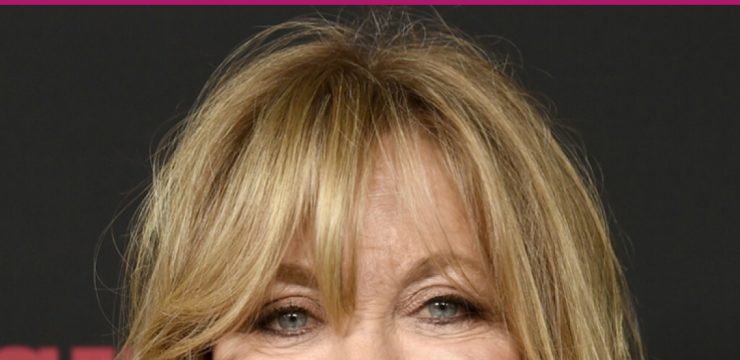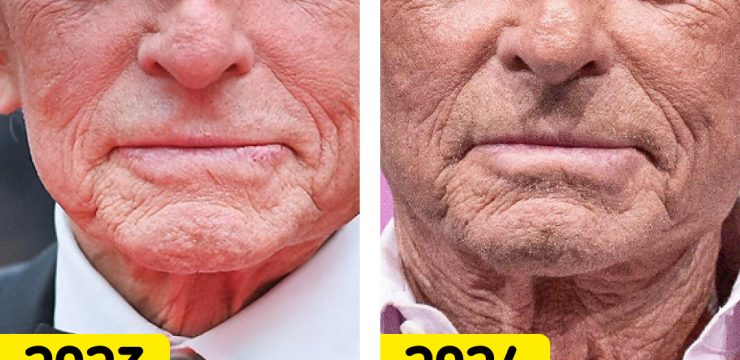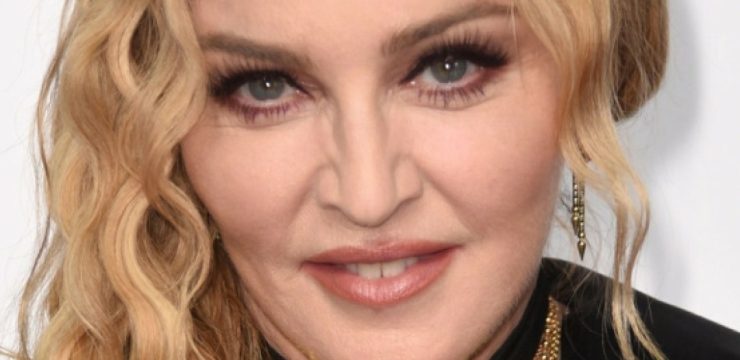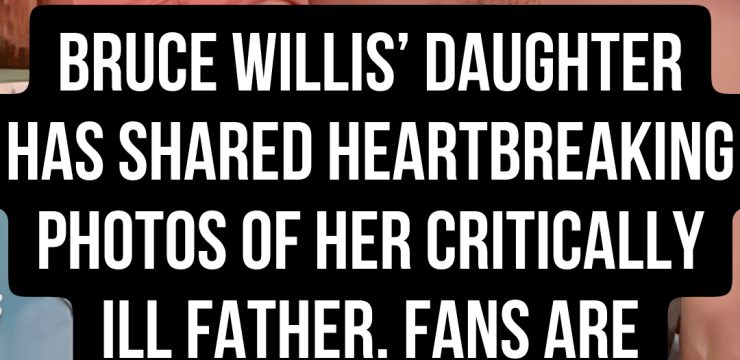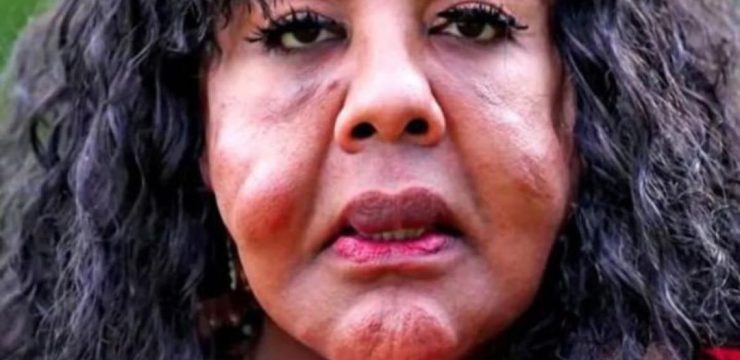Hugh Laurie became a household name in the mid-2000s thanks to his unforgettable role as Dr. Gregory House in the hit medical drama House. Although he had already built a respectable career with appearances in projects like 101 Dalmatians, Street Kings, and the classic British comedy Jeeves and Wooster, it was House that catapulted him into worldwide recognition. The show turned into a cultural phenomenon and made Laurie one of the most talked-about actors of the decade.
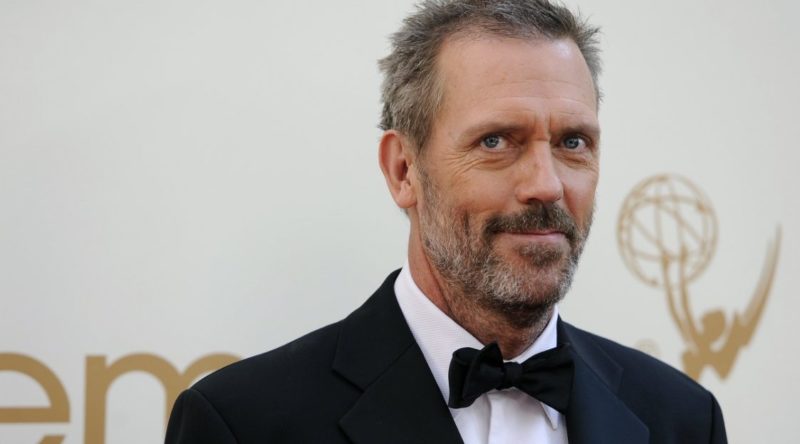
The drama followed the story of an unconventional but brilliant diagnostician who solved medical mysteries while battling his own flaws. Viewers across the globe tuned in for eight straight years, and even today, the series continues to be celebrated as one of television’s most iconic portrayals of genius and human complexity. Laurie’s sharp performance, laced with wit, sarcasm, and emotional depth, kept audiences hooked and critics impressed.
At the height of the show’s success, Laurie’s talent was matched by his paycheck. Reports indicated that he earned nearly £250,000 per episode, a staggering figure at the time and a testament to how essential he had become to the show’s identity. Few actors have managed to hold such a commanding presence for so many seasons, and Laurie did so while balancing both the intellectual and emotional weight of his character.
But as with many television stars, there came a point when the whirlwind slowed down. After House concluded, Laurie did not chase the same kind of relentless fame that came with being the lead of a global hit. Instead, he chose a different pace for his life and career, one that prioritized personal satisfaction and creative exploration over constantly staying in the spotlight.
Laurie has never been one to stand still. Outside of acting, he has directed television programs, explored music through live concerts, and showcased his considerable piano skills. He even released blues albums that received warm responses from fans who appreciated seeing another side of his artistry. These ventures demonstrated that Laurie is not confined to a single role or medium. While House may be his most defining role, it is only one part of his versatile career.
Of course, time and lifestyle changes mean that Laurie no longer resembles the gruff but sharp-dressed Dr. House audiences remember. Recently, photographers spotted him enjoying a casual walk with his dog in North London. Instead of the polished appearance of his on-screen persona, Laurie wore shorts, a bright blue shirt, and comfortable footwear. The ensemble was relaxed, practical, and a far cry from the stern doctor image burned into fans’ memories.
For many long-time viewers, the candid photos came as a reminder that actors are ordinary people outside of their roles. Reactions online were mixed, though most leaned toward affection. Some commented on how different he looked, with remarks such as, “He’s so messy and overgrown,” or in disbelief, “Is this really Dr. House?” Others quickly defended him, saying things like, “I like Laurie no matter what,” and, “He’s free to look however he wants.” One popular sentiment summed it up best: “We didn’t love him for his looks anyway.”
That last point resonates strongly when considering Laurie’s legacy. His appeal was never solely about appearance. Fans admired the depth he brought to his characters, his razor-sharp comedic timing, and the intelligence he carried into his performances. Even as time passes and roles change, the foundation of respect he built with audiences remains solid.
In a way, Laurie’s current chapter speaks volumes about how celebrities can redefine success for themselves. Rather than chasing the endless cycle of Hollywood roles, red carpets, and constant publicity, he appears content with simpler joys—walking his dog, playing music, or stepping into projects that spark his interest without overwhelming his life. For someone who spent nearly a decade embodying one of television’s most demanding characters, that sense of balance seems well-earned.
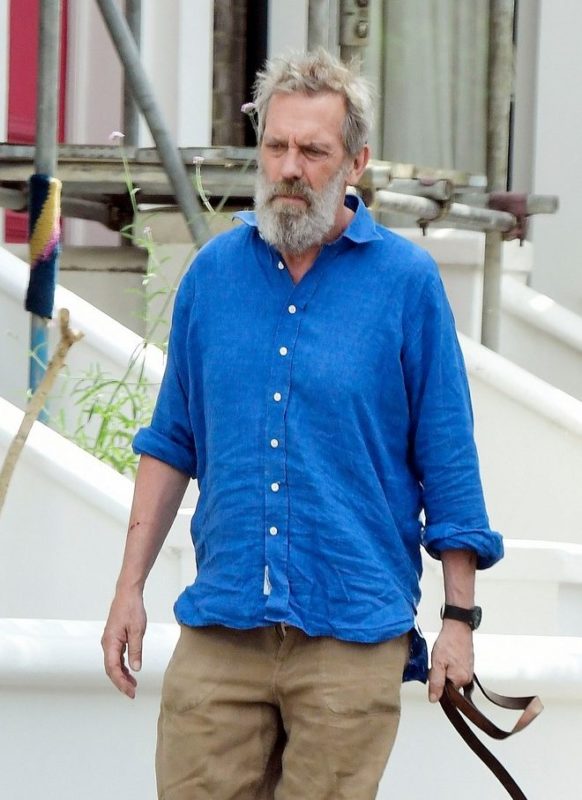
It also serves as a reminder of the lasting impact of House. Fans who rewatch the show today continue to find new layers in Laurie’s performance. His sharp dialogue delivery, combined with moments of surprising vulnerability, helped set a standard for medical dramas. Few shows since have managed to capture the same blend of medical intrigue and deeply human storytelling.
Laurie’s career may not be in constant headlines, but that does not diminish his cultural footprint. He has the kind of legacy that does not fade quickly. His work on House introduced him to millions who might never have seen his earlier projects, and for younger viewers discovering the show through streaming platforms, Laurie feels as fresh and captivating as he did when the series first aired.
As fans, it is easy to want our favorite stars to remain frozen in time, always resembling the characters we grew to love. But life does not work that way. People change, styles evolve, and public figures grow older just as everyone else does. Laurie’s casual stroll in London may have surprised some, but it also highlighted an important truth: his worth was never about the sharp cane, the witty insults, or the neatly styled hair of Dr. House. His worth has always been his talent, creativity, and authenticity.
Whether he is acting, playing music, or simply enjoying a quiet life with his family and pets, Hugh Laurie remains an admired figure. Fans who appreciated him in the mid-2000s continue to hold that admiration today, not because of how he looks in candid photos, but because of the genuine artistry he shared on screen.
And if there is one lesson to take from his journey, it is that success comes in many forms. For Hugh Laurie, fame was once a spotlight. Now, it is a legacy—one built on talent, intelligence, and the courage to live life on his own terms.
